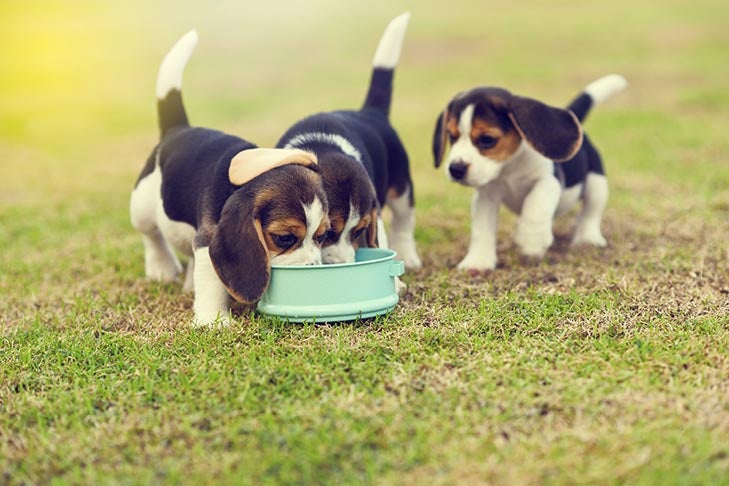Clubs Offering:
Onions can cause more damage to your dog than just bad breath. This pungent culinary favorite might add flavor to your dishes, but it contains a toxin that can cause serious complications for dogs.
Yes. Onions contain a toxic principle known as N-propyl disulfide. This compound causes a breakdown of red blood cells, leading to anemia in dogs.
The toxin causes oxidative damage to your dog’s red blood cells by attaching to the oxygen molecules in those cells. This reduces the ability of the red blood cells to carry oxygen and also tricks your dog’s body into thinking that the blood cell is an invader. The red blood cell is destroyed in a process known as hemolysis, resulting in hemolytic anemia.
What Parts of Onions are Toxic to Dogs?
All parts of the onion plant are toxic to dogs, including the flesh, leaves, juice, and processed powders. Whether raw or cooked, fried or powdered, onions and the rest of the allium family (garlic, shallots, leeks, and chives) are harmful to dogs.
Onion powder is in a surprisingly wide range of foods, from soups to baby food. It only takes 100 grams of onion (about the size of a medium onion) per 20 kilograms of a dog’s weight to cause toxic effects, which means that a 45-pound dog would only have to eat one medium-to-large onion to experience dangerous toxicity levels. Since most dogs would happily devour a bag of unattended onion rings or an onion casserole given the opportunity, this is a serious concern.

Onion and garlic powders are even more potent than fresh onions. It is always a good idea to check the label of any human food we feed to our dogs, and onion powder should be in your list of “don’ts.” As a word of warning to those with multi-species households, onions are even more toxic to cats than they are to dogs, so keep both feline and canine tummies free of onion treats.
Treatment of Onion Poisoning in Dogs
If the poisoning is still recent, vomiting may be induced and the dog may be given activated charcoal to reduce absorption in the gastrointestinal tract. The veterinarian will tell you to monitor your dog for signs of anemia over the next few days and may recommend a diet low in oxidants. If a large amount has been ingested, your dog may need to be kept in a veterinary hospital for that time period. Severely ill dogs will likely need supplemental oxygen to make up for the reduced circulation of red blood cells and a blood transfusion could be necessary to stabilize your dog until the bone marrow is able to generate enough new, healthy erythrocytes.
Worried about the cost of Onions Poisoning treatment?
Pet Insurance covers the cost of many common pet health conditions. Prepare for the unexpected by getting a quote from top pet insurance providers.